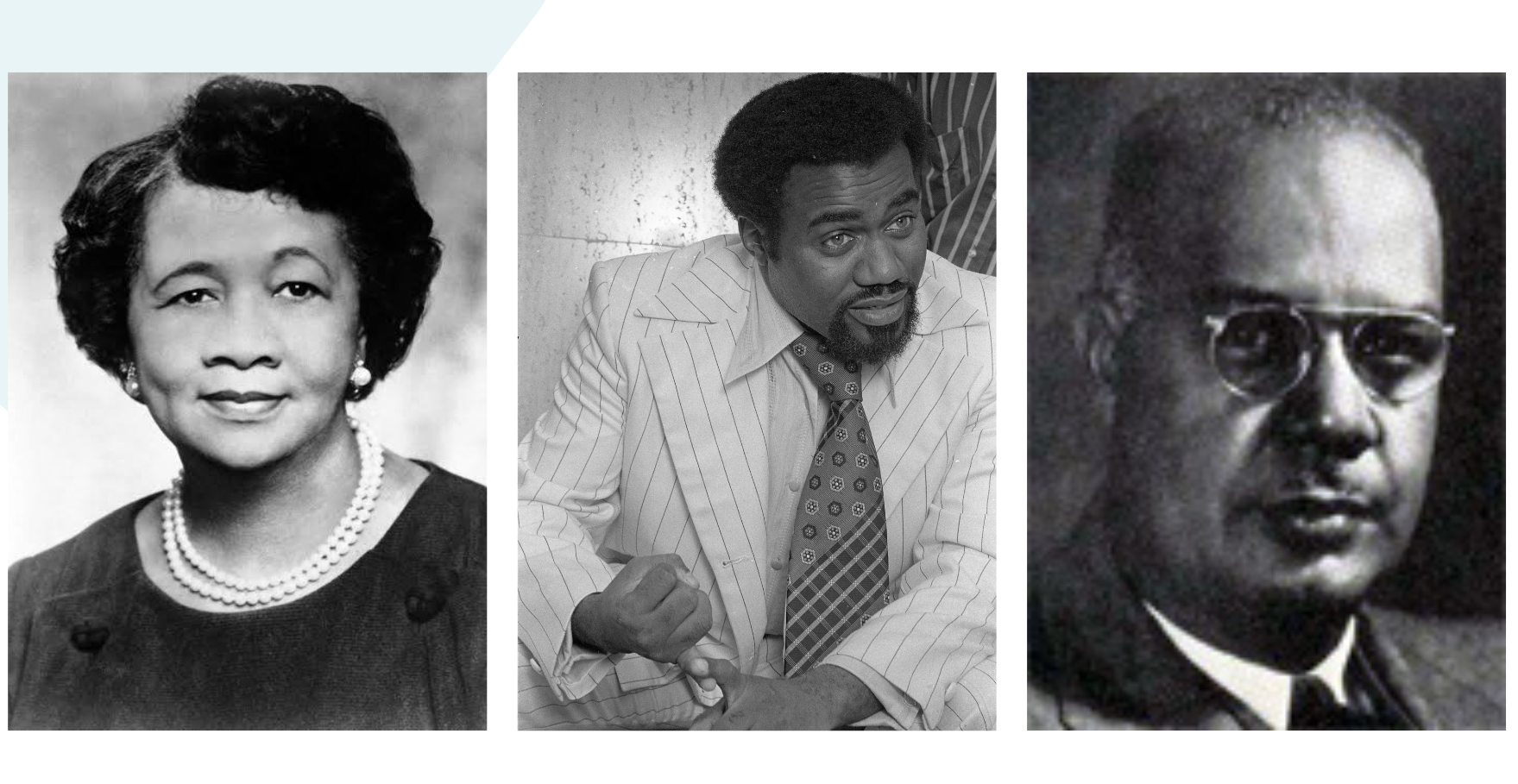This is a book review formerly written for the MPSI Psychotherapy Center newsletter. We think you might find it amusing.
Submitted by Bev Caruso
Many years ago I read, The Words to Say it, by Marie Cardinal, a novel in which she frees her patient to a fuller and better life by helping her find the words to express her pain. That title still impresses me and comes to mind during many moments of reverie in my work. Thus, I found John Koenig’s work, The Dictionary of Obscure Sorrows, refreshing and amusing. He claims language limits our world, which many of us have observed. After-all, there are four words for love in Greek and only one in English. Koenig tells us there are blind spots, particularly in our language of emotions.
He calls his work, “a compendium of words for emotions,” as he points us to ways we have felt all our lives. He claims these very creative words point out how strange human beings are but, I think, he also shows us how complex and similar we are.
I found useful words in this work that can enrich and inform our work. How about, occhiolism, which means, “little eye”, in Italian. This is a humbling word, which points out the limits of our senses, our ability to know and our wish that we could see and observe more. It also denotes our propensity to fill in the unknown with what Koenig calls, “cartoonish extrapolations. Have you ever felt, “slipfast”, that is the desire to become invisible so you can take in the world unnoticed as you wander the world without making a splash. I think your clients have. Would you like to feel, “liberosis”, a feeling of caring less about things, a relaxation of life, a manner of moving with ease among friends and play.
You might favor our use of patterns or repetition compulsion but “altschmerz” from the German words for old and pain, conveys a sense of weariness with those old problems and the desire to push forward to something new. Have you experienced, “lyssamania”, an irrational fear that someone is angry with you? The origin of Koenig’s creativity is clever and interesting. For instance the numbers, “1202” or “twelve oh two” originates from the Apollo 11 descent when the computer registered that it was overwhelmed. It means I’m at my tipping point, no more data can come in. I may just start yelling, 1202 when I get to those points.
What therapist doesn’t need the term, ‘alazia” in their work, the fear that you’re no longer able to change but you have the desire to explore this and find yourself. This combined with an exploration of “insoucism from the french word, soucis for worries, could lead to insight and movement. Clarity on how much sympathy to give yourself in relation to life and others could prove very valuable. Many of the above words would help with anoscetia, worry about not knowing the real you. I’ll work on putting this beside, “true self and false self,’ and ponder how to help my clients. This could help with “addleworth” the question of how you are doing in life, are you living up to your values and goals. Who couldn’t use a word that denotes the fantasy you carry that there’s some diagnosis out there that explains you, designates your flaws and would ease your mind. Thus, Symptomania would ease the mind of some younger generations who reportedly are keen on diagnosis. From Sanskit, Koenig found, “Manusia, the ambient feeling of being a human being.” Unfortunately, the above illustrate, “povism,” the difficulty of being stuck in your own head.
I highly recommend that you read Koenig’s work, if only to read about “ambedo” from a Latin word that means, “I sink my teeth into it.” The short definition is “a momentary trance of emotional clarity.” It denotes a liveliness in you and a gratitude for all that you has occurred in your life. The read will present you with the following words, “And now here you are, feeling a kind of joyful grief for your life, in all its blessings and mysteries and chances and changes.” Then you will probably feel, “sonder,” the awareness that you and everyone has a story, from the French word to, “plumb the depths.” Maybe you will be motivated to write your autobiography.
Koenig also gives us words about our world that can save us from just shaking our heads in endless disbelief and disappointment. “Kuebiko, a state of exhaustion inspired by senseless tragedies and acts of violence”. This Japanese word for scarecrow points out the helplessness you feel about humanity and the world. This followed by “anthrodynia, a state of exhaustion with how cruel people can be” will add to your political rhetoric.
I can’t end with those depressing new terms and really I think we could use some new terms in our therapy language. So I invite us all to work on that. I am submitting, from the Italian word for insight- intuito, the term “Intuito amoroso”,which means that beautiful moment when you and the patient feel the clarity, understanding and appreciation for each other and life, as you achieve a long sought insight or work though an issue to freedom and a sense of joy.
What a joyful reading this work was for me. As Koenig strives to do, it both enhances our thinking about language and experience and points out the limits of language. As he stated the world is an “unknowable complexity”, with imposed models of varying usefulness., Language is not real, it is a signifier, but it is so useful.





